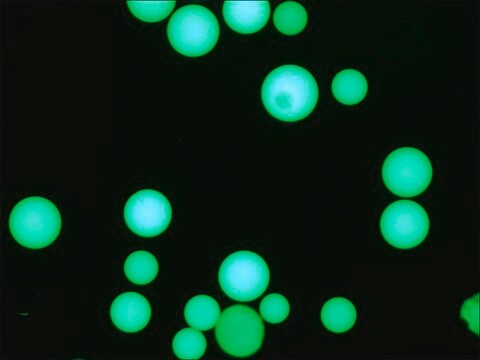G7893
Glycerol
ACS reagent, ≥99.5%
Synonym(s):
1,2,3-Propanetriol, Glycerin
About This Item
Recommended Products
grade
ACS reagent
Quality Level
vapor density
3.1 (vs air)
vapor pressure
<1 mmHg ( 20 °C)
Assay
≥99.5%
form
viscous liquid
autoignition temp.
698 °F
expl. lim.
2.6-11.3 %
technique(s)
electrophoresis: suitable
impurities
Acrolein and glucose, passes test
Fatty acid esters, passes test
H2SO4, passes test (darkened)
Neutrality, passes test
≤0.003% Chlorinated compounds (as Cl)
≤0.500% Water (H2O)
ign. residue
≤0.0050%
color
APHA: ≤10
refractive index
n20/D 1.474 (lit.)
pH
5.5-8
bp
182 °C/20 mmHg (lit.)
mp
20 °C (lit.)
density
1.25 g/mL (lit.)
anion traces
sulfate (SO42-): passes test
cation traces
heavy metals (as Pb): ≤2 ppm
SMILES string
OCC(O)CO
InChI
1S/C3H8O3/c4-1-3(6)2-5/h3-6H,1-2H2
InChI key
PEDCQBHIVMGVHV-UHFFFAOYSA-N
Looking for similar products? Visit Product Comparison Guide
General description
Application
greener alternative product
Storage Class Code
10 - Combustible liquids
WGK
WGK 1
Flash Point(F)
390.2 °F - Pensky-Martens closed cup
Flash Point(C)
199 °C - Pensky-Martens closed cup
Certificates of Analysis (COA)
Search for Certificates of Analysis (COA) by entering the products Lot/Batch Number. Lot and Batch Numbers can be found on a product’s label following the words ‘Lot’ or ‘Batch’.
Already Own This Product?
Find documentation for the products that you have recently purchased in the Document Library.
Customers Also Viewed
Our team of scientists has experience in all areas of research including Life Science, Material Science, Chemical Synthesis, Chromatography, Analytical and many others.
Contact Technical Service

